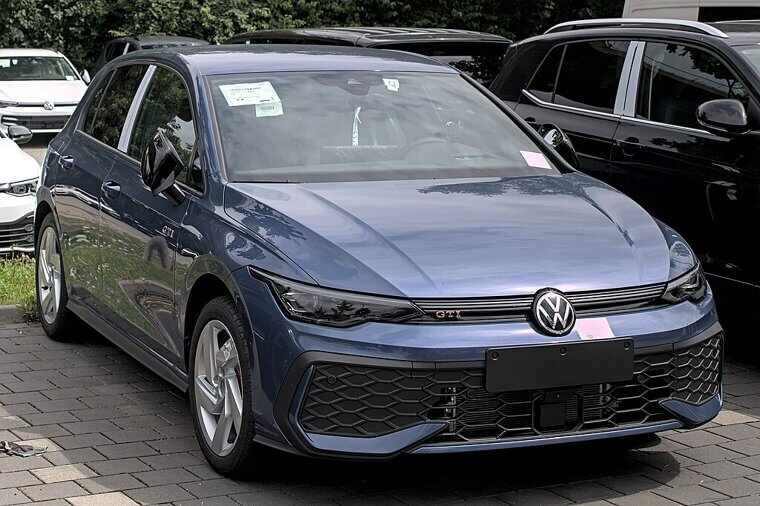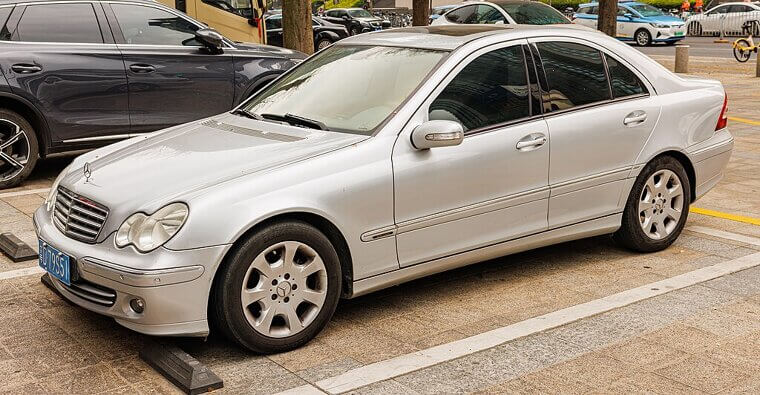German Cars That Often Cause Costly Problems
German engineering is famous for precision and performance, but not every model earns a mechanic’s seal of approval. Some are simply too costly, complex, or temperamental to be worth the trouble (especially once the warranty runs out). Here are the German cars even a seasoned wrench-turner might steer clear of.
Volkswagen Golf GTI
Beloved for its punchy performance and sharp handling, the GTI hides a temperamental side under the hood. Turbo issues, carbon buildup, and pricey electrical fixes can quickly drain a wallet. Mechanics know that while it’s fun to drive, it’s far less fun to keep on the road after a few years.
Porsche Cayenne GTS
Luxury SUV meets sports car thrills, but the cost of maintenance is eye-watering. The Cayenne GTS is loaded with complex systems, from adaptive suspensions to high-performance brakes. Repairs often require specialist tools and parts, meaning bills climb fast. Mechanics understand that owning one is like adopting a very expensive, very hungry pet.
Mercedes-Benz CLC
The CLC’s sleek looks mask a car plagued by reliability complaints. Transmission quirks, electronics glitches, and costly part replacements make it a frequent flyer in workshops. For a mechanic, that’s business; for an owner, it’s frustration. The CLC’s appeal wears thin quickly when every dash light seems determined to flash.
Audi RS6 Avant
Blistering speed, luxury interior, and wagon practicality - on paper, it’s a dream. In reality, the RS6 Avant’s complex twin-turbo V8 and advanced tech make maintenance a nightmare. Even routine services are pricey, and performance parts don’t come cheap. Mechanics admire it, but most wouldn’t sign up for its long-term repair bills.





